Expat Guide to Living in UAE: 2026’s Most Essential Relocation Handbook

The United Arab Emirates is a country filled with spectacular cities, golden dunes and a complex and multi-layered culture that allows it to remain one of the world’s most sought-after destinations for expatriates. Whether you are looking to launch your career in the thriving, bustling world of business in Dubai, or are looking to spend your days basking in the sun back in Abu Dhabi, this guide will be your best friend.
We will demystify the visa process, schooling, housing and all the essential things you will need to know to help you settle down and make a life in the UAE.
Getting to Know the UAE
Before you make the big move, it is a good idea to get to know the fabric of the country you will be calling home. The United Arab Emirates is more than just a place with luxury shopping malls and gorgeous buildings. It is a unique synthesis of tradition and contemporaneity, where deserts meet a fast-paced business environment, traditional customs run parallel to present-day multiculturalism, and natural features and the cosmopolitan tendencies of society unite in exciting ways.
From the identity and character of each emirate to the rhythm of local daily life influenced by distinct cultural, religious and climatic patterns, this section will provide you with some foundational knowledge of what it means to live in the UAE.
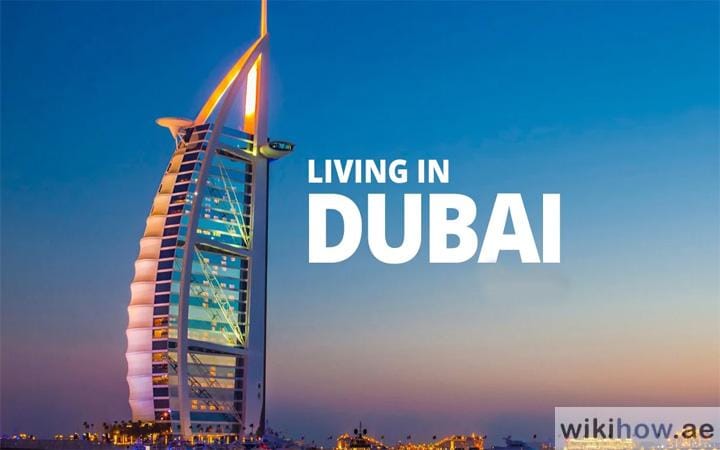
A Glimpse of the Emirates
The UAE is a federation of seven emirates: Abu Dhabi, Dubai, Sharjah, Ajman, Umm Al Quwain, Ras Al Khaimah and Fujairah. Abu Dhabi is the capital and Dubai is known and recognized internationally for business and lifestyle.
Each emirate has a different flavor of culture and pace, offering expats a mix of choices to suit their lifestyle.
Language, Religion & Customs
Arabic is the official language. However, English is a widely spoken language, especially in business, education and tourism. Islam is the state religion and much of the laws and social practices are shaped by Islamic beliefs. All residents should be respectful of Islamic customs, and observance, especially during Ramadan, and in public places.
Climate and Weather Patterns
UAE is situated in a desert climate. Summers are long and extremely hot with temperatures regularly exceeding 45°C (113°F). Winters are short and enjoyable. Most outdoor life includes taking advantage of events and markets, takes place from October to April.
Visa and Residency Choices
For any expat to be comfortable living and working in the Emirates, the first and often most challenging task is to navigate the visa system. Fortunately, the UAE has many types of visas designed to address different work, life and investment situations. Whether you are relocating for work, bringing your family or investing for your future, understanding your options will assist with an easy transition and settlement.
Employment Visa
An employment visa for the vast majority of expatriates is the first step. An employment visa is a visa that is sponsored by an employer, allowing you to legally reside and work in the UAE. The visa process for an employment visa usually consists of a job offer (or confirmation of employment, medical, security clearance and Emirates ID).
It is up to employers to usually control the visa process, and it is normally the employers’ responsibility to pay any visa costs. Employment visas are generally two years in the private sector and up to three years in the government or free zone. Additionally, your employment visa is tied to your employer and changing jobs will result in your employer needing to transfer your sponsorship.
Investor and Golden Visas
The UAE has launched several initiatives to attract long-term investors and professionals through additional residential opportunities:
- Investor Visa: Individuals who invest in either businesses or real estate have the opportunity to apply for a residency visa (this is often a three year visa). The requirements are different depending on the type of investment and depending on the size of the capital investment.
- Golden Visa: This visa was introduced as a long-term residency option. The Golden Visa is available for either 5 years or 10 years and is available for investors, entrepreneurs, specialized talents, researchers and outstanding students. This visa provides the investor more flexibility and freedom – which can include the ability to sponsor family and dependants.
Both of these visa options are available to settle in the UAE on a long-term basis, providing continuity and stability, and most importantly no employer sponsorship is required.
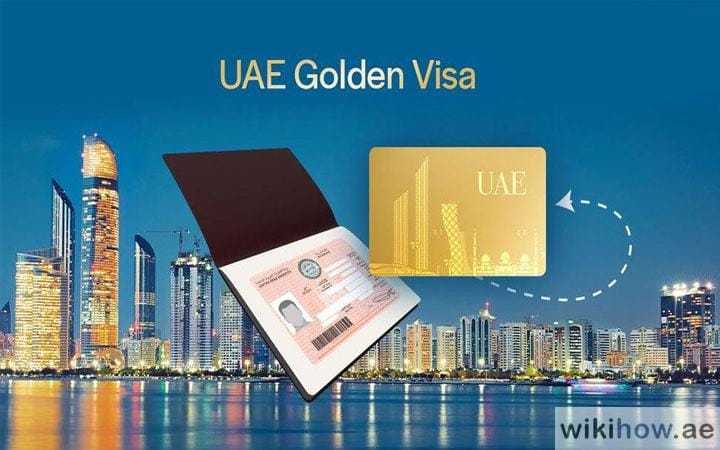
Family Sponsorship and Dependents
Expatriates holding a valid UAE residence visa can sponsor immediate family members: spouses, children and sometimes parents (but there are limits). The sponsor will be required to satisfy certain criteria, including:
- A minimum monthly salary (varies from AED 4,000–AED 10,000 based on how many dependants and the emirate)
- Proof of valid accommodation (e.g., rental agreement or property title)
- Proof of health insurance for each dependant
- Registered marriage and birth certificates (if applicable)
Family visas are dependent on the sponsor’s residency and must be renewed simultaneously. This option allows families to be comfortably cohabiting, have access to education and healthcare and be well integrated into the community.
Job Market and Work Culture
The UAE’s burgeoning economy and lack of personal tax liabilities are attracting professional workers from across the globe. The key industries driving UAE job markets include oil and gas, finance, construction, hospitality, real estate, healthcare and technology. Professionals employed in these industries are especially concentrated in Dubai and Abu Dhabi. The workweek will most likely be Monday through Friday, although Friday afternoons are reserved for family time and prayer. In Emirati business culture, professionalism, punctuality and a respect for hierarchy are highly valued. Arabic is the official language of the UAE, but English is a corporate language in large segments of the workforce, enabling international employees to integrate into the workplace. As with any dynamic and changing job market, the keys to career success in the UAE include networking and adaptability, as well as an openness to engage with cultural diversity in the workplace.
Housing & Where to Live
Finding a comfortable and well-located place to live is often an expat’s first priority when arriving in the UAE. If you prefer the hustle and bustle of urban life or the tranquillity of the suburbs, The Emirates has a range of housing options to suit all lifestyles and budgets. The important thing is knowing where to live, what to expect in the rental market and how to set up your utilities in a timely manner.
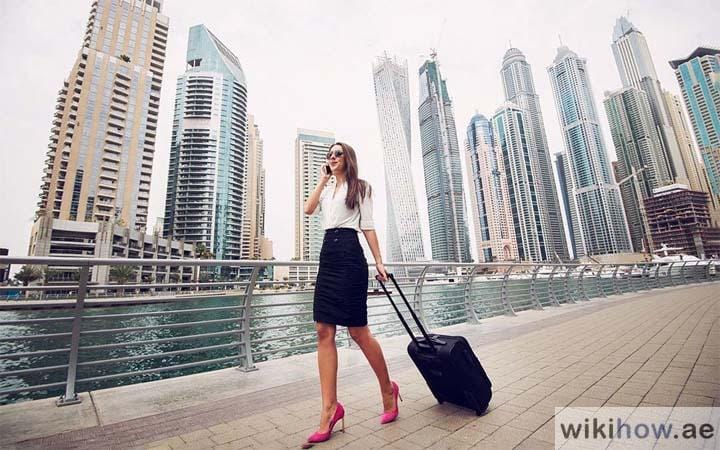
Popular Expat Areas
Each emirate has its own unique flavor. Within these, there are areas that expats love for their amenities, connectivity or community feel. The best places to live in the UAE include:
Dubai:
- Dubai Marina: A bustling waterfront area with cool bars and restaurants popular with young professionals and couples.
- Downtown Dubai: Home to the Burj Khalifa and Dubai Mall, offering luxury high-rise apartments, an upscale lifestyle and convenience to work and shopping.
- Arabian Ranches: A gated community of villas with parks and greens spaces, international schools, and is family friendly.
Abu Dhabi:
- Al Reem Island: A high-rise area with all modern apartments with views of the sea a stone’s throw from downtown.
- Saadiyat island: A cultural island with amenities such as beautiful beaches and luxury villas.
Sharjah & Ajman:
For the budget conscious expat, Sharjah and Ajman are the best value emates as the rent in Sharjah is beyond reasonable while being a reasonable commute time to Dubai.
Renting Vs. Buying
Most expats rent for reasons of job flexibility and visa limitations. Typically, rental contracts are annual contracts and often require either one upfront single payment or a small number of post-dated cheques. The agreement is often facilitated by a real estate agent, and the tenant pays a 5% agency fee. For a step-by-step process, see How to rent an apartment in Dubai.
- Renting: Fast, flexible and usually lower upfront costs. Great for short-term or first-time residents.
- Buying: Available to expats only in a freehold zone (such as Dubai Marina, or Yas Island). Owning property may provide longer term visas and may offer a sense of permanence, especially for investors and families.
A Comprehensive Overview of the Healthcare System
The healthcare system in the UAE is modern, comprehensive and an internationally acclaimed system with hospitals, specialized clinics and healthcare professionals that are highly trained. Public healthcare is available to Emirati citizens, whilst expatriates typically access private healthcare which is efficient and employs advanced medical technology. Health insurance is mandatory for all residents and many employers provide sustainable healthcare cover as part of an employment package but families and individuals are encouraged to inspect their policies and make the decision whether they require any additional coverage, to access a wider range of health services. The UAE’s healthcare system is equipped to serve its diverse range of medical needs, from routine check-ups, emergency care and specialized treatment, with professionalism and commitment to care.
Daily Life and Living Costs
The UAE provides expats with the chance to lead a rich and varied lifestyle, but it’s important to know and manage the costs of daily living. This detailed checklist includes all significant costs that will allow you to plan your budget size. One of the first and often overlooked expenses is the Utilities Setup in UAE, which includes electricity, water and cooling services. Factoring in these initial and recurring costs is crucial for anyone aiming to manage their finances effectively while living in the Emirates.
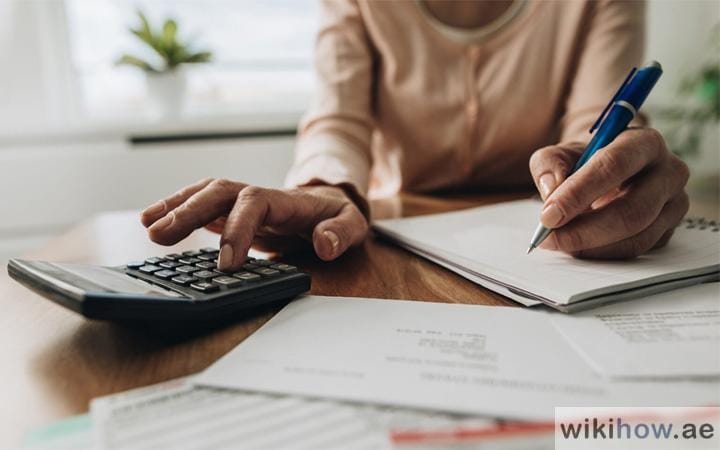
Housing
Housing is often the biggest expense. Rent can vary widely depending on the area, size of the place and amenities. A 1-bedroom apartment in Dubai Marina, for example, costs AED 6,000 – 9,000/month, while a similar 1-bedroom apartment in Sharjah could cost half that.
Groceries and Essentials
Supermarkets such as Carrefour, Lulu and Choithrams have a wide selection. Local products can be cheap, but imported products and organics will cost more.
Eating Out and Dining
Eatery prices vary widely (think budget to fine dining) and a casual meal might run AED 30 – 50/person and a three-course meal at a high-end restaurant could easily exceed AED 300.
Transportation
Public transport is very affordable in the UAE, especially in Dubai with its metro and buses, but many expats still buy or lease cars for convenience.
Typical Monthly Expense Overview
An overview of monthly costs is reviewed below:
| Category | Estimated Monthly Cost (AED) |
| Rent (1-bed apt, Dubai) | 6,000 – 9,000 |
| Groceries | 1,200 – 2,000 |
| Dining Out (2x per week) | 400 – 800 |
| Utilities + Internet | 500 – 1,200 |
| Transportation (car/public) | 400 – 1,500 |
| Entertainment | 300 – 1,000 |
| Total (avg) | 8,800 – 15,500 |
Cultural Etiquette and Social Life
The UAE combines traditional Islamic values with a contemporary, multicultural society. As such, there are numerous customs to observe to be respectful, including: modest dress, greeting individuals politely and avoiding physical displays of affection in public (especially in very traditional and conservative spaces). For example, during Ramadan, it’s considered disrespectful to eat or drink in public during daylight hours. While there are customs to observe, there is also an incredibly social atmosphere in the country because of the celebrations, events, social cafés, art shows, local community gatherings and many other avenues for activity and connection. Observing proper etiquette and living the local culture, can often help an expat settle into the UAE and make their mark on the growing and rich social scene.
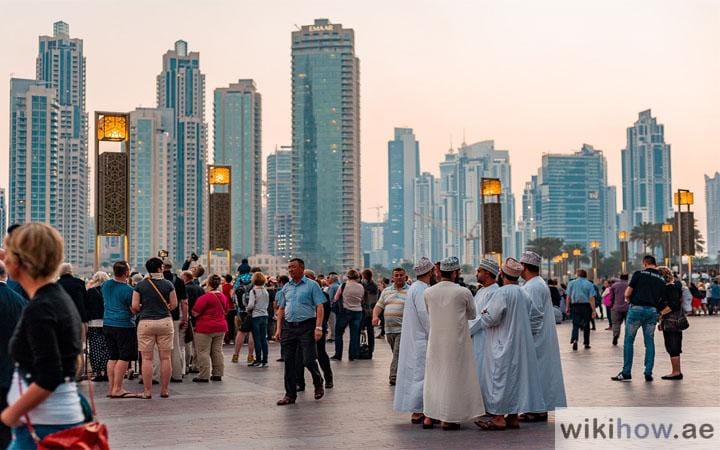
Final Thoughts
Moving to the UAE as an expatriate reveals an array of new opportunities, enjoyment and culture. The UAE has the benefit of modern developed infrastructure, safety, tax-free income and a multitude of personal and professional factors when you consider why to relocate. The Emirates continue to draw individuals from diverse backgrounds around the world. But to fully explore the exciting activities, work opportunities, learn the cultural framework, and get the most out of living in the Emirates, you will need to learn about the legal and social frameworks.
If you think about preparing for the visit ahead of time, by investigating the appropriate visa, daily expenses, adjusting to the social etiquette, and being aware of the community options, you will be able to settle in quicker. Life in the UAE can be stimulating, varied and have the potential to develop your career if you choose! Don’t worry, wherever you live, your life in the UAE will be a memorable experience, rich in opportunity.
FAQs
1. Can expats buy property in the UAE?
Yes, expats can purchase property in designated freehold areas in emirates like Dubai and Abu Dhabi. Ownership can also help qualify for long-term residence visas.
2. Is healthcare free for expats in the UAE?
No, healthcare is not free for expats. Health insurance is mandatory, and most employers provide basic coverage. Many expats opt for additional private insurance.
3. Do I need to speak Arabic to live in the UAE?
Not necessarily. English is widely spoken in business, education and daily life. However, learning basic Arabic can enhance your experience and show respect for the culture.





